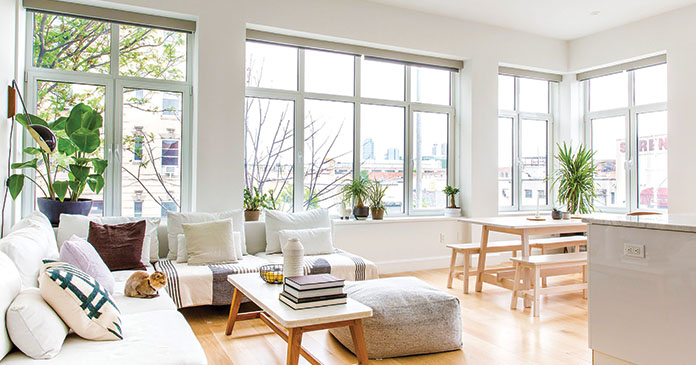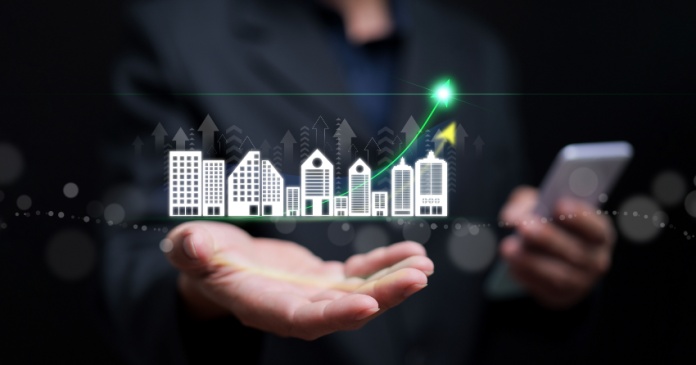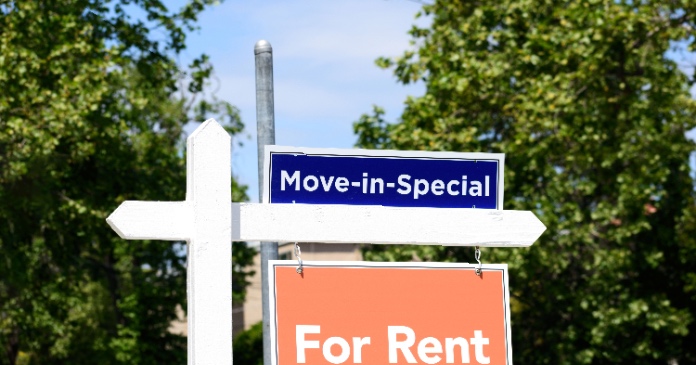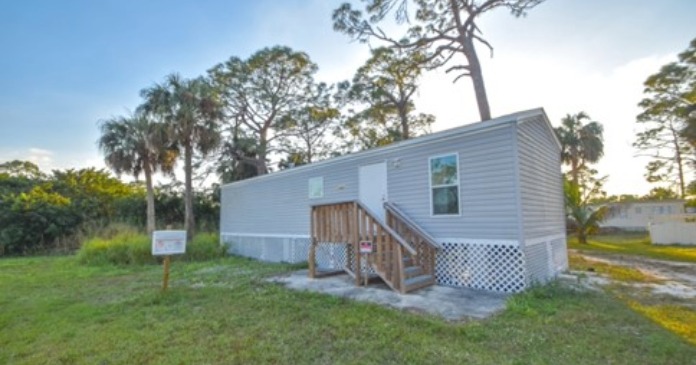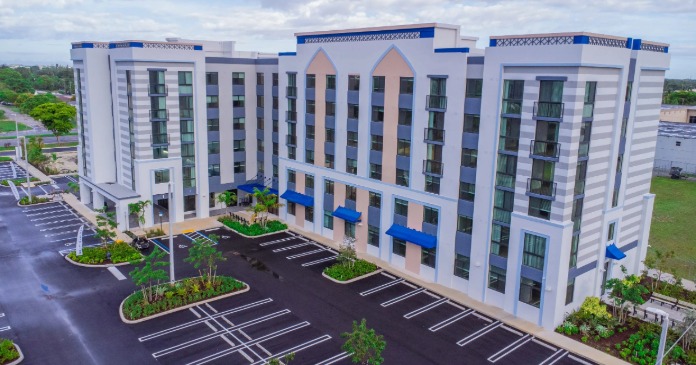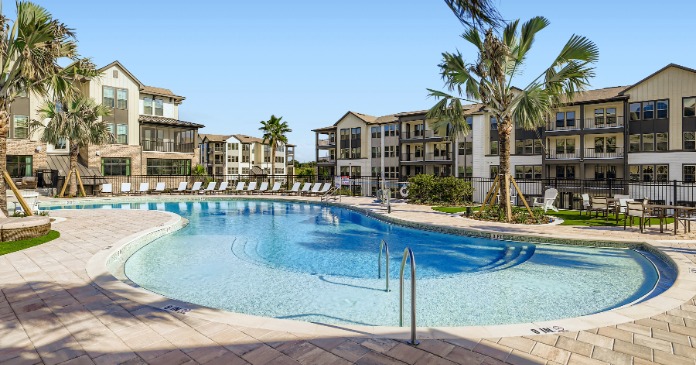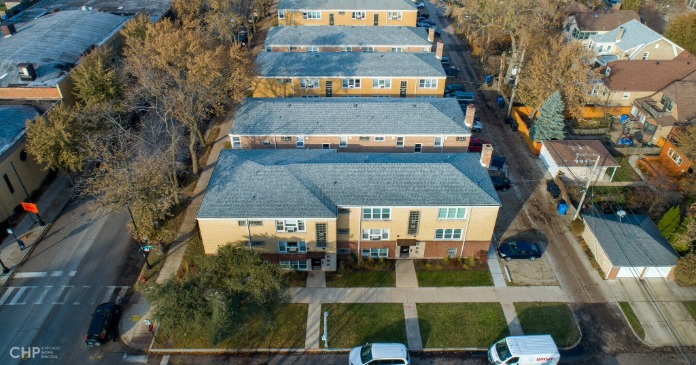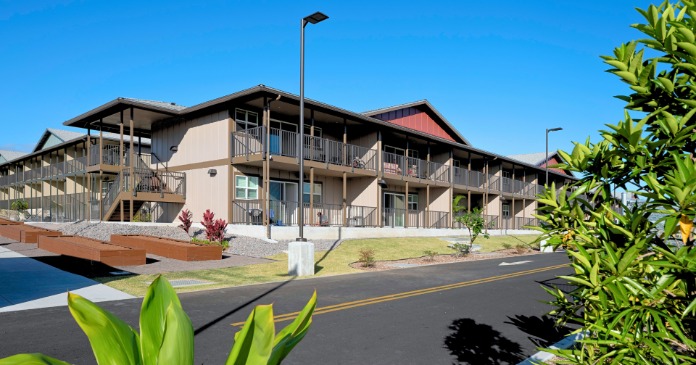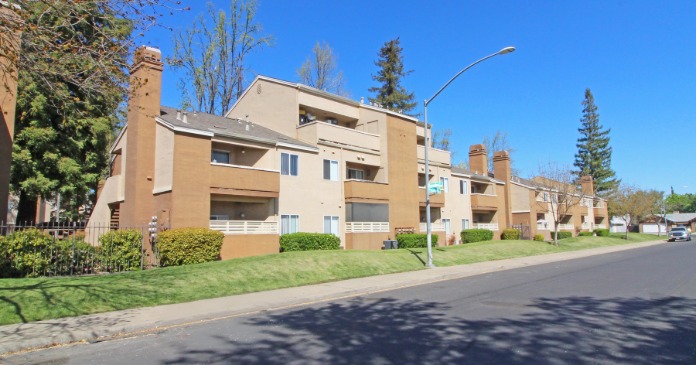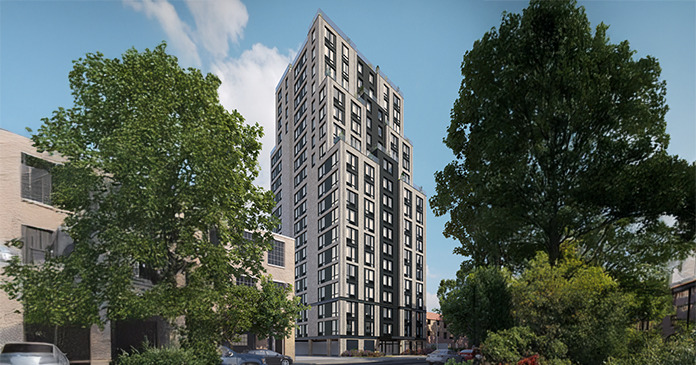Apartments are where home sweet home is for more and more Americans: in the last decade, the multifamily market has experienced hypergrowth. Even during COVID-19, 2020 saw a fifty percent increase in the number of new multifamily units, compared to that of 2019. And, rents in multifamily housing markets climbed 10 percent or more —in 65 of the 150 largest metropolitan areas. The occupancy rate went up to 96.9 percent in July 2021, surpassing the previous record of 96.5 percent in 2000.
With the rise of multifamily home popularity, new market trends are disrupting the industry. Here are some experts’ predictions:
Continued focus on health
Residents are focusing more on physical and mental health and are looking for apartments with spaces that promote wellness. More and more multifamily residences are including pools and yoga rooms for residents.
Beyond spaces for fitness activities, residents demand healthier buildings, Daun St. Amand, principal at CallisonRTKL, says.
“Fresh air with proper filtration, low VOCs, etc. are clearly spelled out in LEED, WELL, and Fit well building certification. We look at these programs as a baseline—they certainly respond to a healthy body, but what about the mind? Views, connections to biophilia, socialization between residents and others, is our focus on what’s next with multifamily.”
Samuele Sordi, chief architect at Pininfarina of America points to other coming wellness trends. “We envision the role of mechanical, engineering and plumbing systems expanding to support automated disinfection capabilities and solutions for the control of pathogenic elements. We are also paying closer attention to air filtration and quality control strategies and are seeing greater implementation of circadian lighting systems with tunable, white lamps to further improve well-being.”
“We’re seeing an increased demand for biophilic design strategies that encourage connectivity to nature, from outdoor fitness areas to dog parks and other pet-friendly options,” said Sejal Sonani, managing director of HLW.
Roofs and terraces
Developers are putting more thought into these areas than ever before in all types of multifamily spaces—from luxury buildings to affordable housing.
Sonani says that they are no longer just for the high-end residences. “They add tremendous value and are almost expected in new developments. The past 18 months of being homebound in the small footprints of apartments or condos has brought increased attention to the availability and design of outdoor amenities.”
Sordi sees more personal space and fewer communal amenities.
“We are seeing a trend toward more open, flexible layouts within each unit rather than increased outdoor spaces, which helps to maintain affordability by better utilizing interior square footage. Following the pandemic, residents are accustomed to living their full lives within their home, so generous communal amenity spaces have, in many cases, become superfluous.”
Neutral color palette, soft materials
Softer neutrals with hints of color bring calm into an environment. Woods, stone, natural fibers enliven the senses. Tactility plays an important role as well, we all want softness, but a feeling of safety and cleanability, not sterility, is also important. Natural fibers like wool offer that softness while using renewable resources that can be sanitized as needed.
“Pre-pandemic, cleanliness was always a key,” says St. Amand. “The pandemic has accelerated the need for cleanliness even more. The use of touch areas are two examples that come to mind.”
John Lewis, studio director of Nelson Worldwide, says, “Exterior color trends have shifted toward embracing a softer and lighter color palette, those shades that instinctively make residents feel like a space is light, bright, and overall feels clean. COVID has definitely put a premium on durable, easy to clean surfaces that can withstand cleaning solutions.”
Source Regina Cole, Forbes


